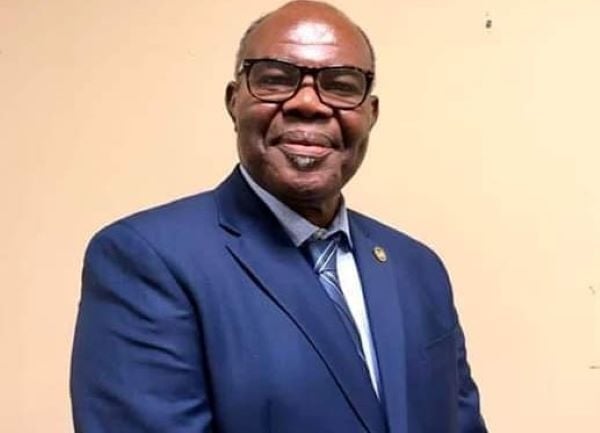The recent Supreme Court ruling on electoral disputes in Ghana has sparked controversy and raised questions about the legal strategies employed by the New Patriotic Party (NPP). Former Attorney-General and Minister of Justice, Nii Ayikoi Otoo, has publicly criticized the NPP’s legal team for failing to include the National Democratic Congress (NDC) Parliamentary Candidates in their application for a mandamus order. This omission, according to Mr. Otoo, constitutes a significant oversight that disregards the rights of crucial stakeholders in the ongoing electoral process. He argues that the NDC candidates, as directly affected parties, should have been included in the legal proceedings to ensure a fair and transparent resolution of the disputes. This exclusion, he contends, not only undermines the principles of natural justice but also potentially complicates the legal process and erodes public trust in the judiciary.
The Supreme Court’s decision to nullify the re-collation of votes in four constituencies – Tema Central, Ablekuma North, Techiman South, and Okaikwei Central – stemmed from the EC’s failure to provide adequate notice and hearing to the affected NDC Parliamentary Candidates. This procedural lapse, as highlighted by the court, violated the candidates’ right to a fair hearing, a fundamental tenet of due process. The court’s invalidation of the re-collation results, while upholding the original election outcomes, underscores the importance of adhering to proper legal procedures and ensuring the participation of all relevant parties in electoral disputes. This emphasis on procedural fairness reinforces the judiciary’s commitment to safeguarding the integrity of the electoral process and upholding the rights of all stakeholders.
Mr. Otoo’s criticism of the NPP’s legal strategy reflects a broader concern about the potential for legal maneuvering to undermine the fairness and transparency of electoral processes. By excluding the NDC candidates from the initial legal proceedings, the NPP, according to Mr. Otoo, risked creating a perception of bias and undermining public confidence in the judiciary’s impartiality. The Supreme Court’s intervention, while addressing the specific issue of procedural fairness, also serves as a reminder of the importance of inclusivity and transparency in resolving electoral disputes. The court’s decision to maintain the application for a mandamus order, while reassigning the case to a different High Court judge, signals its commitment to ensuring a thorough and impartial review of the matter.
The controversy surrounding the NPP’s legal strategy underscores the delicate balance between pursuing legal remedies and upholding the principles of fairness and transparency. While political parties have the right to challenge election results through legal means, they also have a responsibility to ensure that their actions do not undermine the integrity of the electoral process or disenfranchise other stakeholders. The exclusion of the NDC candidates from the initial legal proceedings, as pointed out by Mr. Otoo, raises questions about the NPP’s commitment to these principles. The Supreme Court’s ruling, by emphasizing the importance of procedural fairness and the right to a fair hearing, reinforces the need for a more inclusive and transparent approach to resolving electoral disputes.
This incident serves as a valuable lesson for all political parties and legal practitioners involved in electoral disputes. It highlights the importance of meticulously adhering to legal procedures, respecting the rights of all stakeholders, and ensuring that legal strategies do not inadvertently undermine the fairness and transparency of the electoral process. The Supreme Court’s intervention, by addressing the procedural lapse and upholding the principles of natural justice, serves as a crucial safeguard against potential abuses of the legal system and reinforces public trust in the judiciary’s impartiality. The reassignment of the case to a different judge further underscores the court’s commitment to ensuring a fair and unbiased review of the matter.
The ongoing legal battle over the disputed election results highlights the complexities of electoral processes and the importance of a robust and impartial judiciary. The Supreme Court’s ruling, while addressing a specific procedural issue, has broader implications for the future of electoral disputes in Ghana. It underscores the need for greater vigilance in ensuring that legal strategies are not used to manipulate or undermine the electoral process. The emphasis on procedural fairness and the right to a fair hearing serves as a reminder that justice must not only be done but must also be seen to be done. The reassignment of the case to a different judge reinforces the judiciary’s commitment to impartiality and its role as a guardian of the democratic process. This incident serves as a valuable lesson for all stakeholders, emphasizing the importance of transparency, inclusivity, and adherence to due process in resolving electoral disputes.


